Best cheap fitness trackers 2025: Track your steps, heart rate and workouts for less
Keep fit on a budget with the best cheap fitness trackers
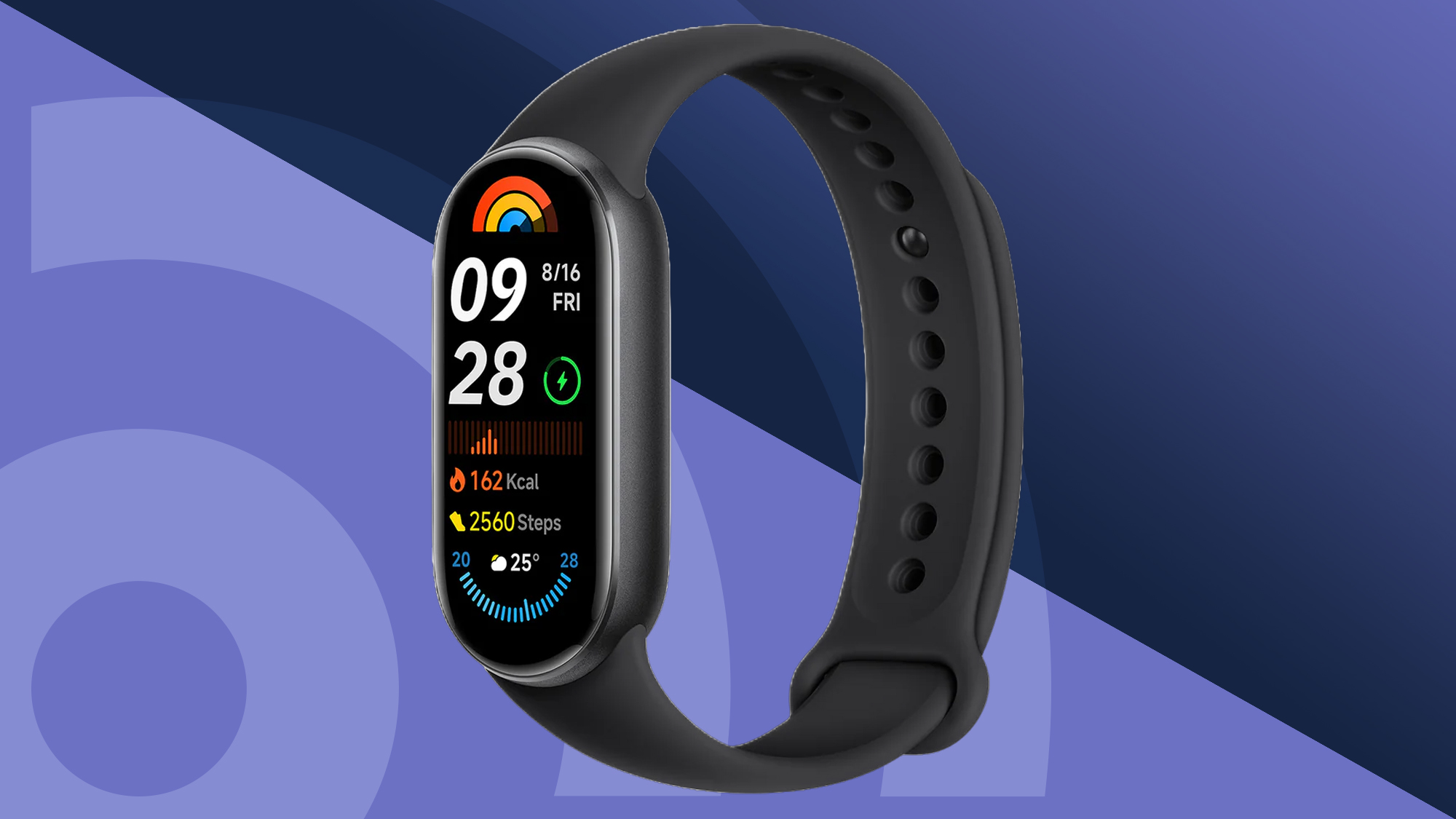
Sign up for breaking news, reviews, opinion, top tech deals, and more.
You are now subscribed
Your newsletter sign-up was successful
The best cheap fitness tracker will help you track your exercise, sleep, calories, and more – all for a fraction of the price of the best fitness trackers out there.
As you might expect, they tend to be slimmer and more subtle in profile than the likes of the Apple Watch SE, with smaller screens and reduced functionality a hallmark of their cheaper price points. However, we have included one cheap fitness watch, the Amazfit Active 2, in our list due to its excellent value while still being fitness-orientated.
Mainstays in our guide include the likes of Fitbit and Garmin, but it might surprise you to learn that the king of the cheap fitness tracker in 2025 is Xiaomi. The Smart Band 9 wowed in our review thanks to its excellent price point, stylish design, and brilliant AMOLED display.
Our experts have tested every model picked here, and a host of other fitness trackers that didn't make the cut. So if you want a cheap fitness tracker to help kickstart your fitness push in 2025, here are our top picks.
The best cheap fitness trackers for 2025
Why you can trust TechRadar
The quick list
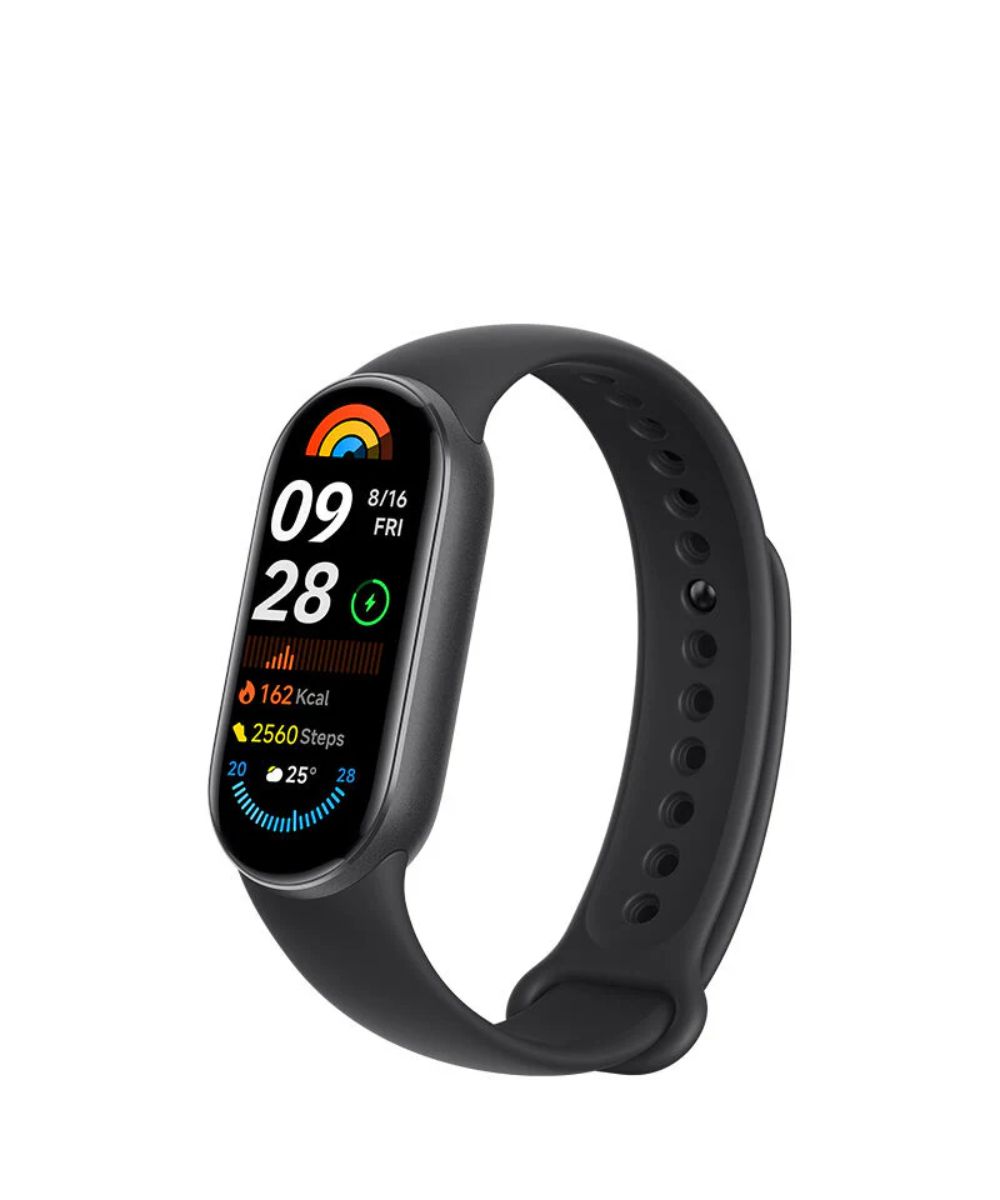
The best cheap fitness tracker overall
This is one of the most affordable fitness trackers on the market. Despite the low price, you'll still get a smooth user interface, reliable health tracking, and a bright, bold display.
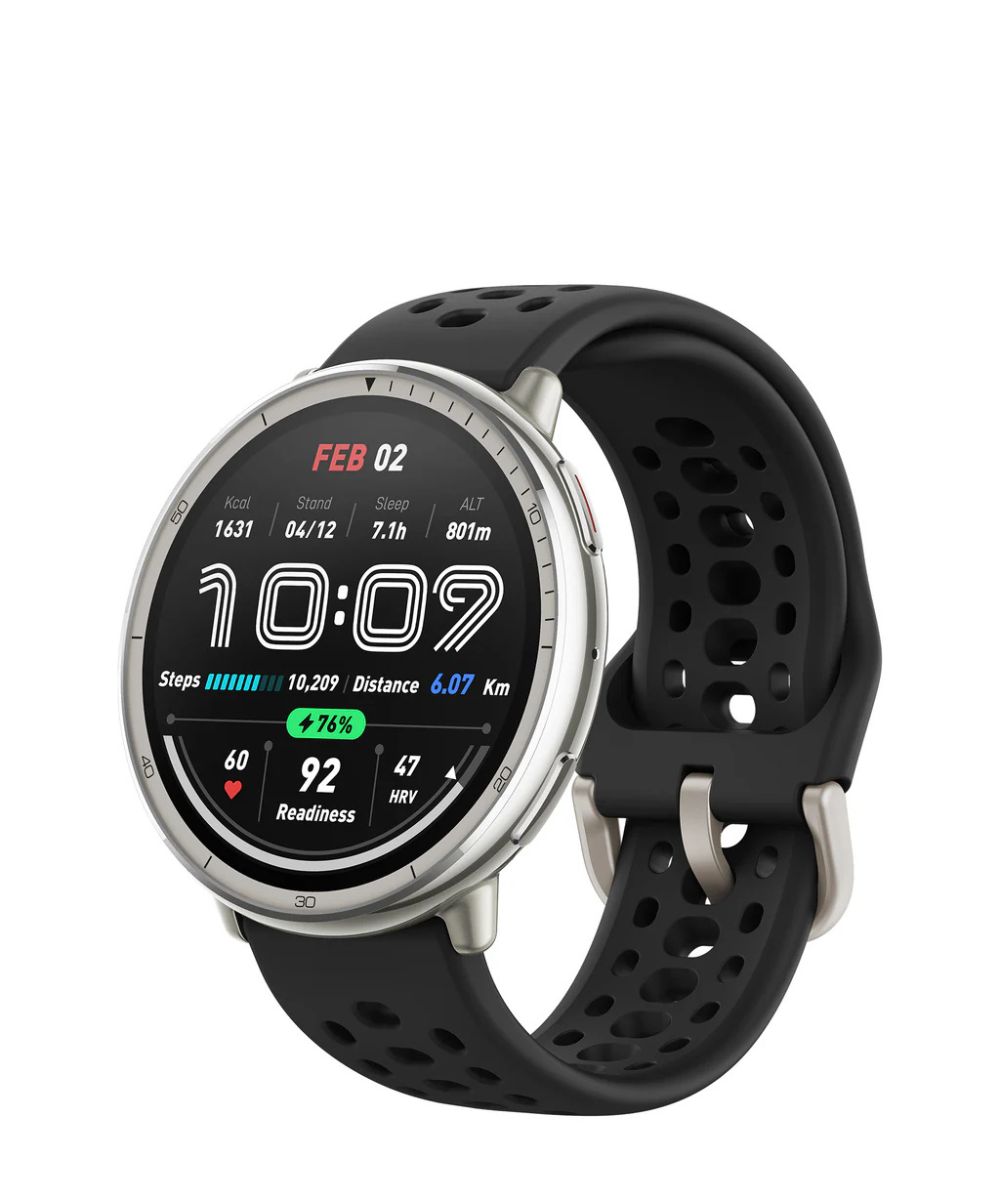
The best cheap fitness watch
The Amazfit Active 2 is a steal, with offline maps, great battery and a bright AMOLED screen. 164 sports modes will keep you busy for a long time to come. For day-to-day, you've got an AI assistant and handy to-do list function.
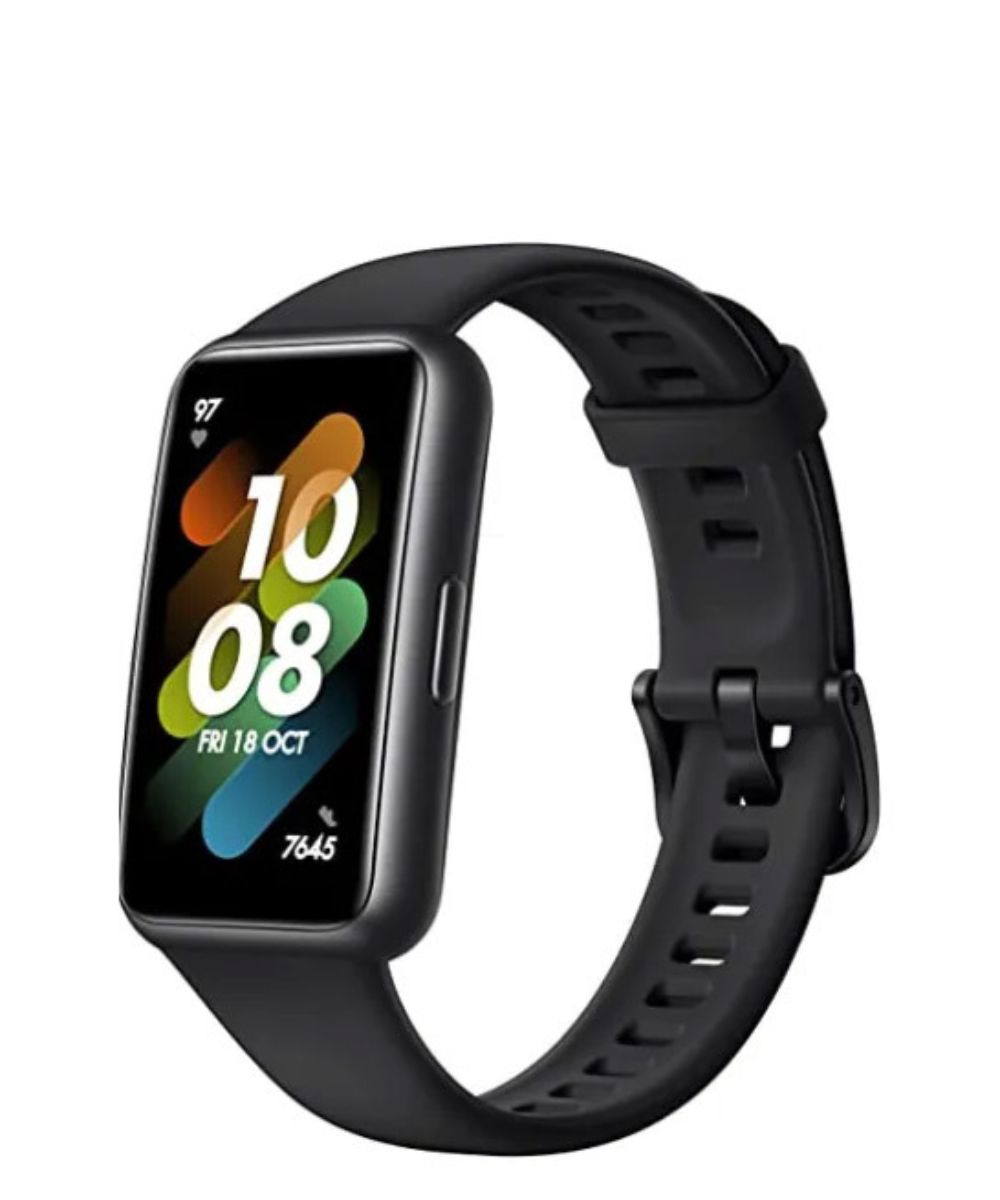
The best cheap fitness tracker for the screen
With a big 1.47-inch AMOLED screen and a thin body less than 1cm thick, the Huawei Band 7 looks and feels great. Step tracking, sleep tracking, and SpO2 monitoring give you the tools to keep on top of your health.
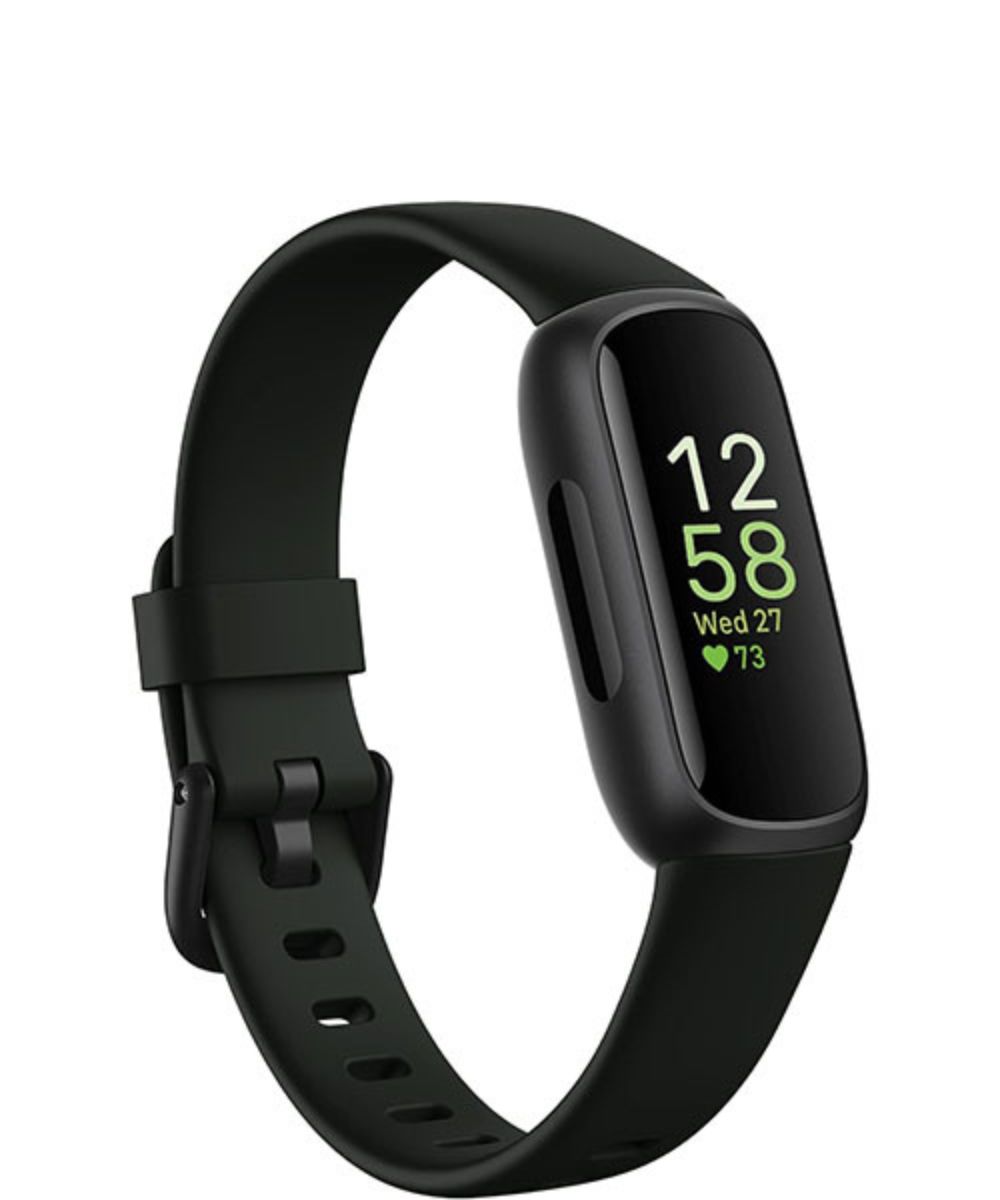
The best cheap fitness tracker for beginners
Measure steps, heart rate, heart rate variability, and stress with this excellent fitness tracker. Guided breathing exercises guide you through releasing stress while sleep tracking helps you get a better night's sleep.
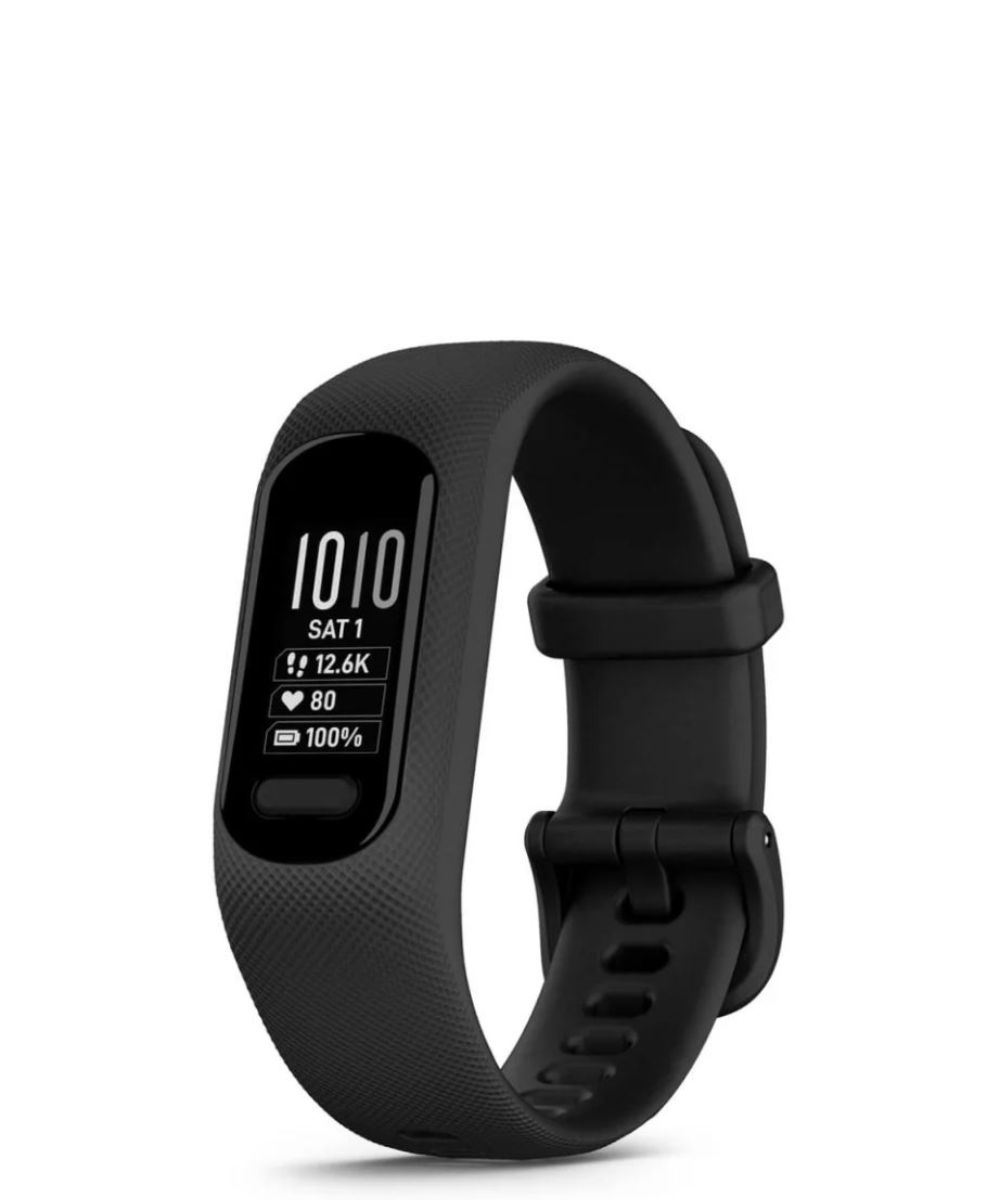
The best cheap fitness tracker from Garmin
A lightweight, lean fitness tracker that is all about the data. It might not look as good as other options but it has a whole host of great insights to track your health across a wide variety of metrics.
The best cheap fitness tracker overall
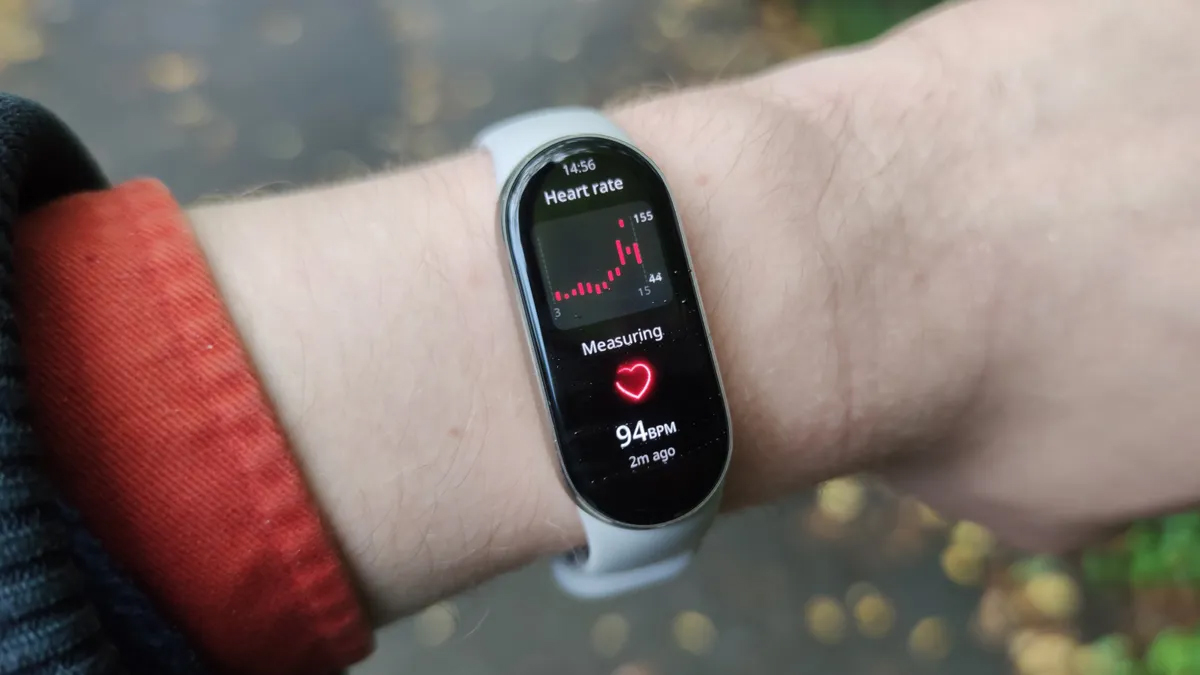
1. Xiaomi Smart Band 9
Our expert review:
Specifications
Reasons to buy
Reasons to avoid
Xiaomi makes a range of different cheap fitness trackers and they're very good at it. The Xiaomi Smart Band 9 lacks many of the specifications and features that the more established manufacturers are delivering, but there's still definitely a place for the Smart Band 9.
The main selling point of this tracker is the price. At only $60 / £34.99 / AU$79.99 you'll struggle to find a cheaper alternative with this level of quality. For such a small amount, you'll get fitness tracking, sleep monitoring, step counting, heart rate monitoring, and calorie counting.
The lack of GPS might be a dealbreaker for some but if you're happy carrying your phone around on runs, then you can pair it for accurate location tracking. One area it isn't lacking is notification handling and music control. This makes it an ideal extension to your phone for very little money.
If you're happy forgoing advanced features and industry-leading software then the Smart Band 9 is a great way to dip your toes in the fitness tracker market.
Read our full Xiaomi Smart Band 9 review
The best cheap fitness watch
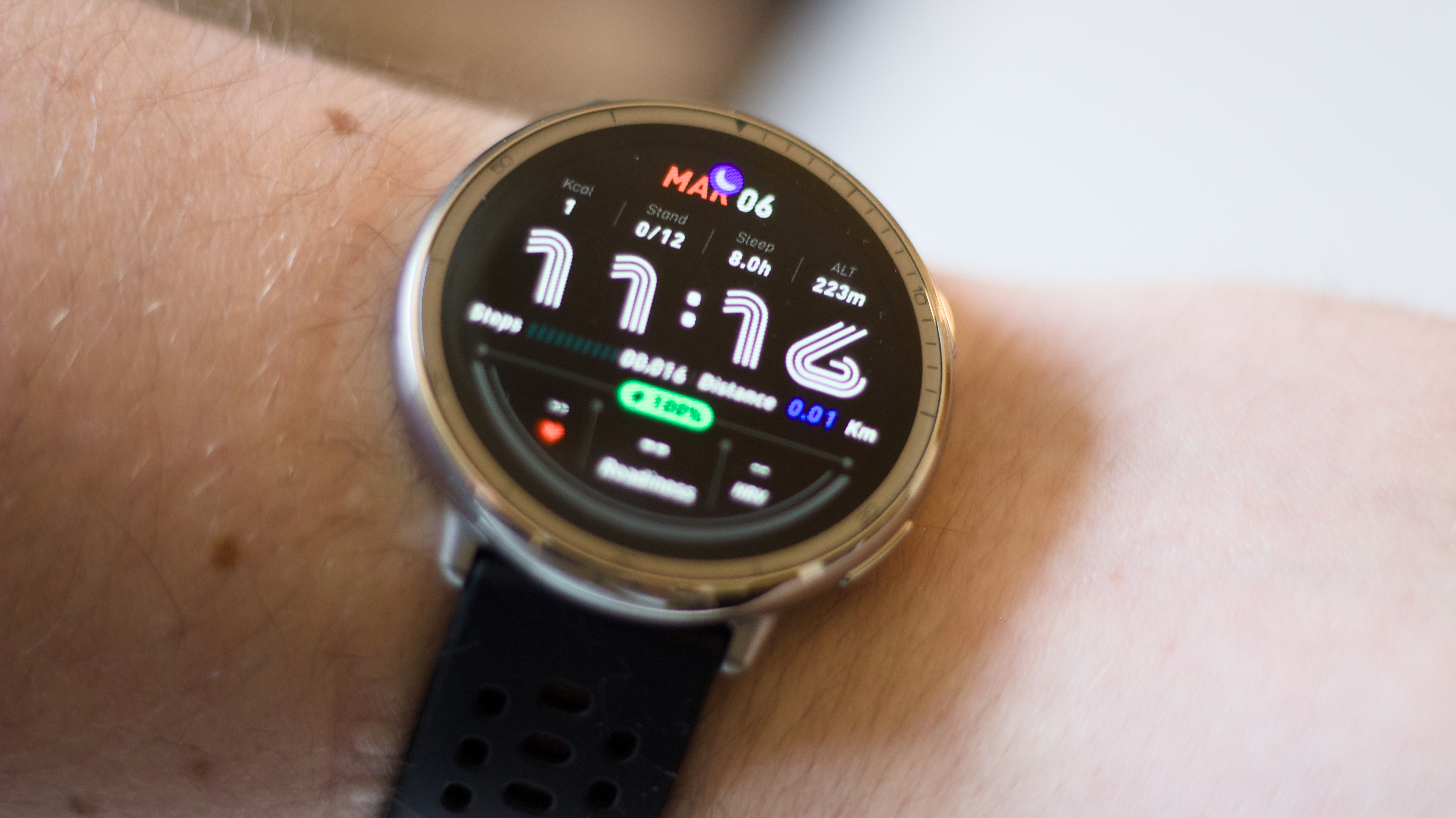
Specifications
Reasons to buy
Reasons to avoid
The Amazfit Active 2 is technically a fitness watch rather than a band-based fitness tracker, but as it's under $100 / £100 / AU$150, I'd certainly say it qualifies. Not only is it a great fitness tracker in terms of its features (it's got 164 sports modes, even a dedicated Hyrox mode) but with offline maps, it's also a terrific fitness tracker for running and hiking.
It's one of the best smartwatches on the market for the price, but as its focus is fitness, we're comfortable recommending it as a tracker. During our tests, we praised its vast feature set, calling it "impressive for a smartwatch of any price tag, let alone one that costs less than $100." We'd certainly call it feature-rich, and it deserves its impressive five-star score.
It's not a perfect watch, as it didn't quite sit flush on-wrist and the NFC features requires a premium version of the watch, but for a fitness watch with an onboard AI assistant, a load of specialist sports features, those offline maps and even a handy to do list functionality, it's a steal. As a value prospect, it's 100% a buy.
Read our full Amazfit Active 2 review
The best cheap fitness tracker for the screen
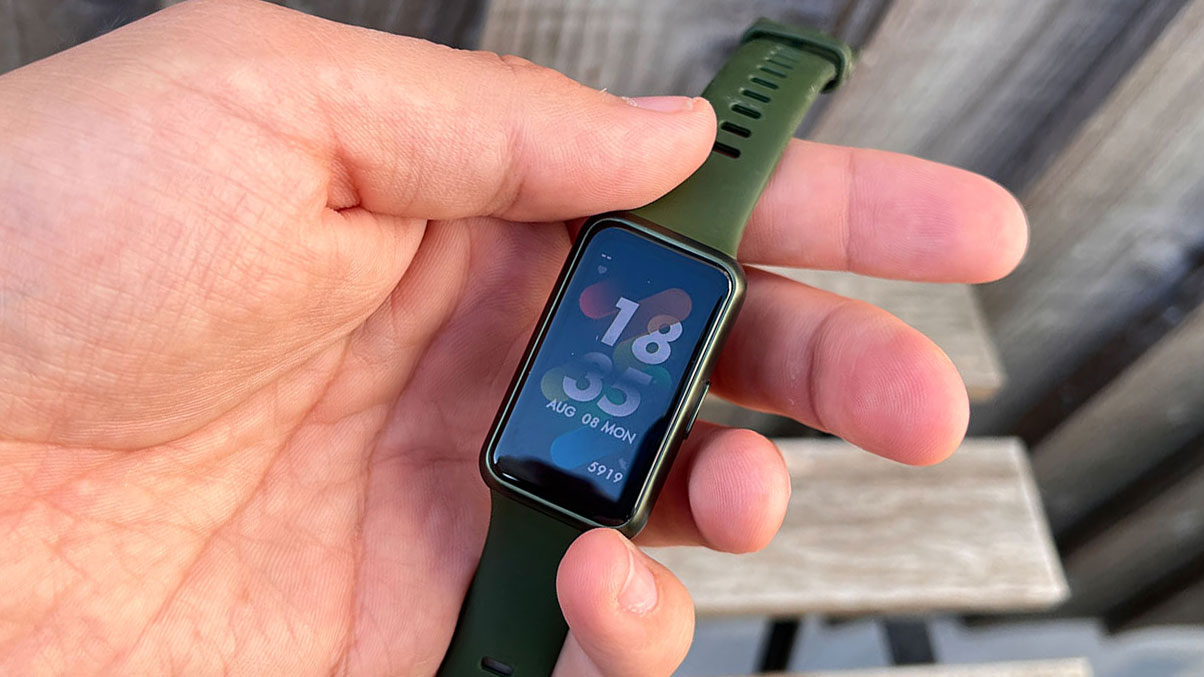
3. Huawei Band 7
Our expert review:
Specifications
Reasons to buy
Reasons to avoid
Thanks to Huawei's problems in the States, it's tough for folks over there to get hold of the Huawei Band 7, which is a shame: it's an undeniably impressive fitness tracker at an impressively low price.
With step tracking we found it to be just as accurate as an Apple Watch. It features a nice big 1.47-inch AMOLED screen, and a thin body less than 1cm thick, it's a slender piece of kit, but still packs lots of great fitness tools. TruSleep 2.0 tracks sleep states and offers a more detailed breakdown of phases of sleep, comparing favorably to Apple -although at the time we tested, Apple's updated sleep functions hadn't launched.
It's even got SpO2 sensors and training metrics to aid blood pressure management. It's a really good (and crucially very cheap) fitness tool if you can get your hands on one. Heartily recommended.
Read our full Huawei Band 7 review
The best cheap fitness tracker for beginners
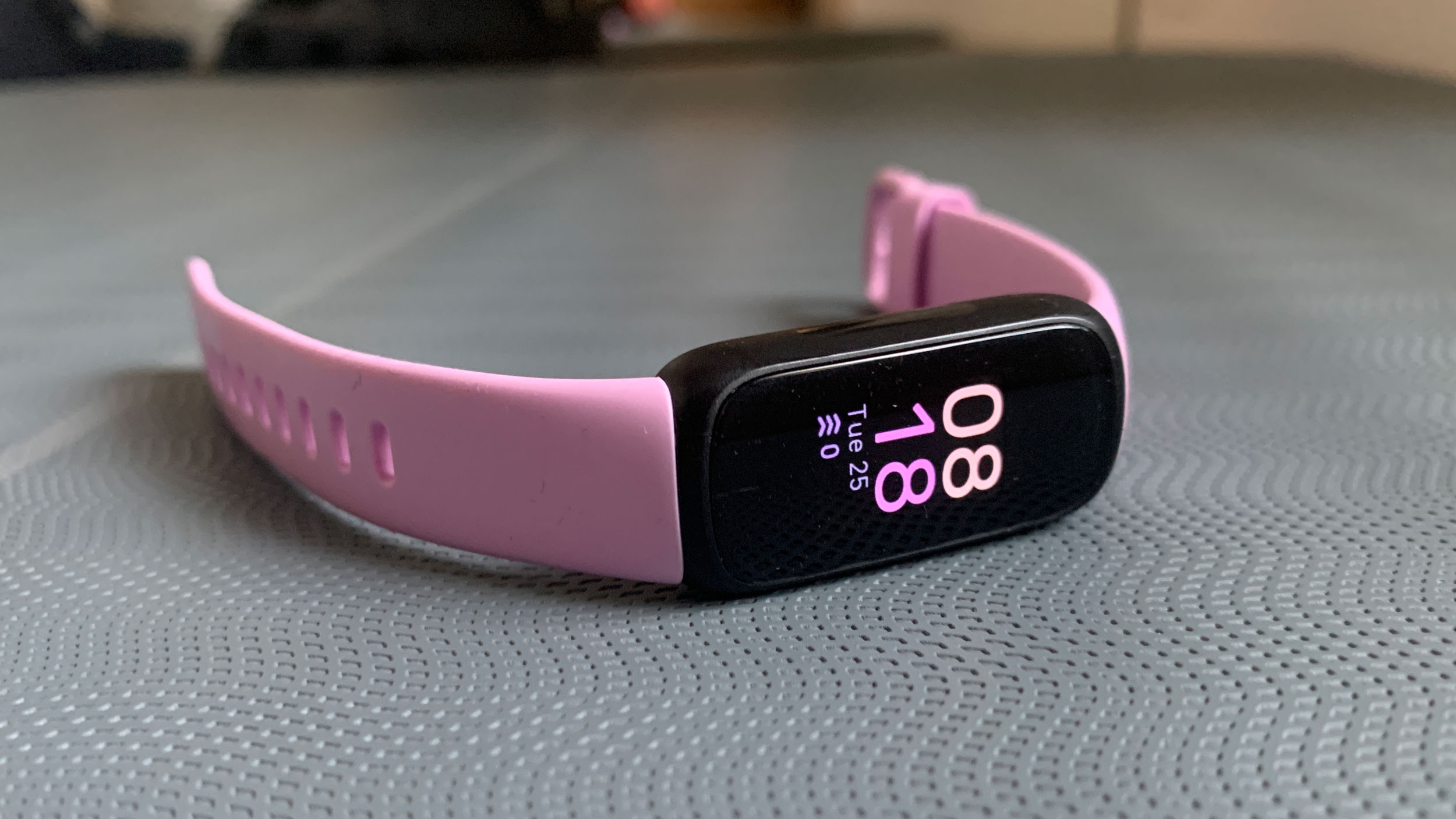
4. Fitbit Inspire 3
Our expert review:
Specifications
Reasons to buy
Reasons to avoid
The Fitbit Inspire 3 has replaced its predecessor, the Inspire 2, as the best cheap fitness tracker for beginners you can buy today. Although there are other activity bands with more modest price tags, the Inspire 3 offers the most bang for your buck. Not surprisingly, it's also one of the best Fitbits overall, with a lot of the same Fitbit features like the Daily Readiness Score and Active Zone Minutes on the premium models.
The Inspire 3 measures steps and heart rate throughout the day, and the Fitbit Inspire 3 also tracks heart rate variability and stress, how long you spend in different heart rate zones during workouts, and your breathing rate. It can guide you through breathing exercises, score your cardio fitness level, and track your sleep stages each night.
The Fitbit Inspire 3 doesn't have its own built-in GPS chip, but it can piggyback on your phone's GPS to accurately track and map runs, walks, and bike rides as long as they aren't too far apart. You can check these out later in the Fitbit app and even sync them to other apps like Strava.
Like other Fitbit devices, this cheap fitness tracker comes with a free one-year subscription to Fitbit Premium, which gives you access to instructor-led workouts, meditation sessions, and nutrition plans. It's not as good as the one-year Inspire 2 subscription, but the new features are probably just enough to justify getting the updated model.
Read our full Fitbit Inspire 3 review
The best cheap fitness tracker from Garmin
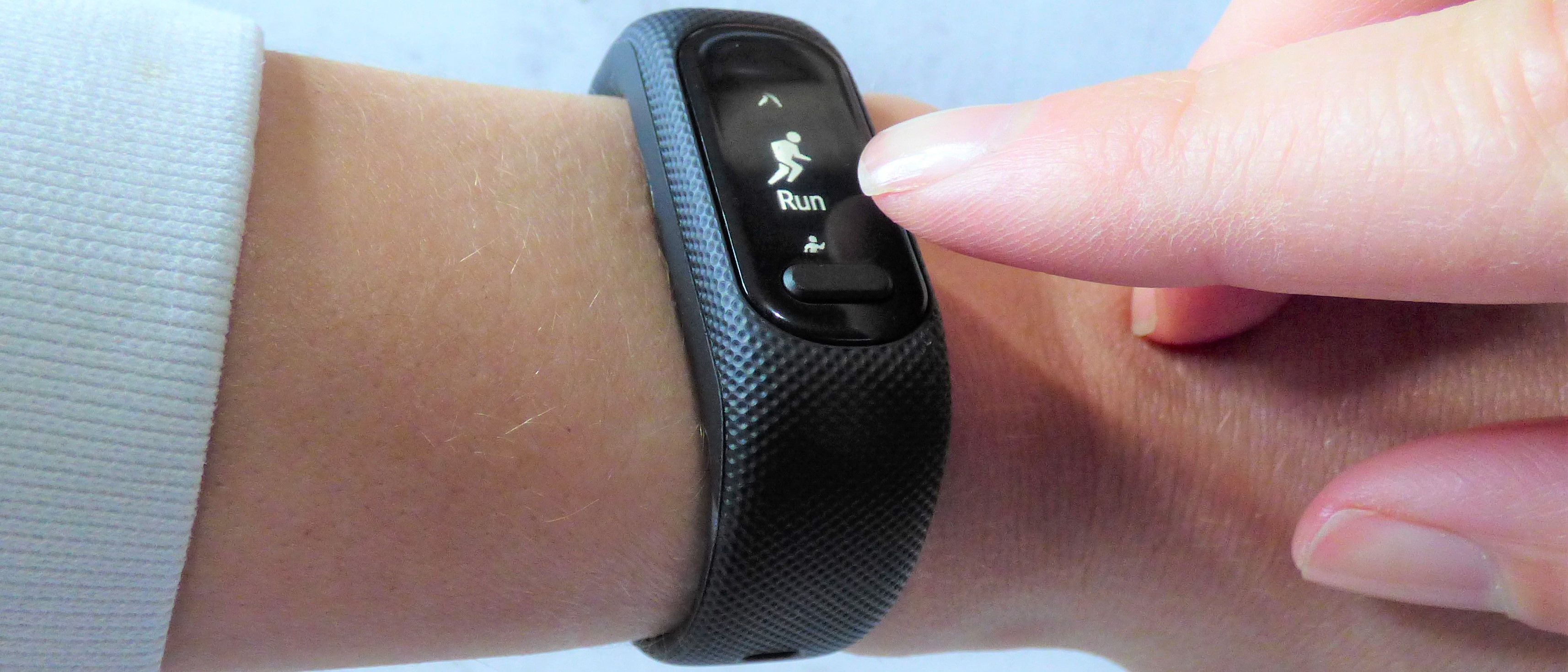
5. Garmin Vivosmart 5
Our expert review:
Specifications
Reasons to buy
Reasons to avoid
How to choose the best cheap fitness tracker
There are several things to consider when choosing a fitness tracker, but it gets trickier when you're trying to find a cheap one. That's because you're working with a smaller budget, which means you can't exactly go for the best money can buy. Luckily, quite a few affordable fitness trackers will see you through most of your health, fitness, and wellness needs.
Be sure to consider what type of activity you enjoy most. For example, if you're into cycling or running, you should get a cheap fitness tracker with a built-in GPS module. If you just want a device to log your workouts and track your sleep, the Fitbit Inspire 3 is your best bet. It doesn't have GPS, but it can monitor your energy levels with its Daily Readiness Score, and use Active Zone Minutes to tot up how much activity, both active and passive, you're doing each week.
That's necessary to track your route and speed accurately. If you're training for an arduous multi-day hike up a mountain or a marathon, you might be better off with a proper fitness watch or a tracker with GPS like the Fitbit Charge 5. If you frequently find yourself too tired to exercise, the Vivosmart 5's Body Battery metric can monitor your recovery and tell you the best time to work out.
Make sure you have a list of stats you require, especially for everyday use, and pick the best cheap fitness tracker that offers them. You might have to sacrifice some, but not too many, since many of these trackers are feature-filled. Battery life is also something to consider, as are display, resolution, and design.
How we test the best cheap fitness trackers
Testing cheap fitness trackers mainly involves using them in our day-to-day for a week or more. That's the best and most efficient way of seeing how much data they gather, how accurate they are, how well they perform, and how comfortable they are on our wrists.
Naturally, we put them through different fitness and wellness activities, from different workouts to things like breathing exercises and sleep. That way, we can test aspects like the heart rate monitor's accuracy and responsiveness, GPS accuracy, and build or ruggedness. We'll also measure the heart rate and exercise metrics against a control smartwatch during physical exercise.
Sign up for breaking news, reviews, opinion, top tech deals, and more.

Matt is TechRadar's expert on all things fitness, wellness and wearable tech.
A former staffer at Men's Health, he holds a Master's Degree in journalism from Cardiff and has written for brands like Runner's World, Women's Health, Men's Fitness, LiveScience and Fit&Well on everything fitness tech, exercise, nutrition and mental wellbeing.
Matt's a keen runner, ex-kickboxer, not averse to the odd yoga flow, and insists everyone should stretch every morning. When he’s not training or writing about health and fitness, he can be found reading doorstop-thick fantasy books with lots of fictional maps in them.